Japan
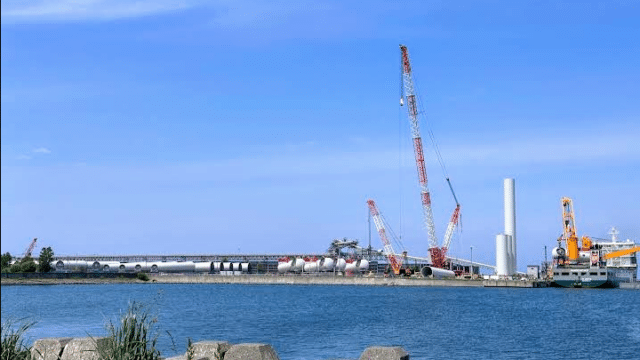
Japan’s Offshore Wind Plans Find Hope
Japan’s offshore wind ambitions face a costly, slow rollout, with only about 253 MW online and Mitsubishi withdrawing from the 1.76 GW Akita and Chiba projects slated for between 2028 and 2030. Analysts warn that without stronger policy support, clearer offtake and improved grid and supply-chain frameworks, the 2030 target of 10 GW and 2040 target of 45 GW look increasingly out of reach.
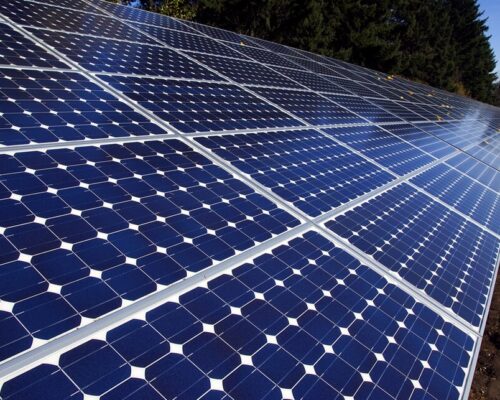
Perovskite Solar Cells Race: Japan’s Plan to Lead
Japan is racing to lead the global perovskite solar cell industry, aiming to install 20 GW by 2040 and build a self-sufficient supply chain. Despite promising technological advances and ambitious targets, cost and durability barriers remain, highlighting the need for bolder policy support to turn perovskites into a game-changer for decarbonisation and energy independence.

AI Data Centre Development in Japan and Clean Energy Transition
As AI data centres rapidly expand globally, their immense energy demands threaten to undermine decarbonisation efforts — unless powered by 100% renewables. Japan’s proactive “Watt-Bit Collaboration” aims to coordinate data centre growth with renewable energy development, but challenges around location and definitions of “clean energy” remain. The future of sustainable AI hinges on smart policy and clear energy standards.

2025 House of Councillors Election Results Bring Uncertainty For Japan
The election results indicate that the government may now need to make concessions to other parties to pass legislation. And with the growing influence of Trump-inspired parties, climate action and renewables-favouring energy policies might take yet another blow.
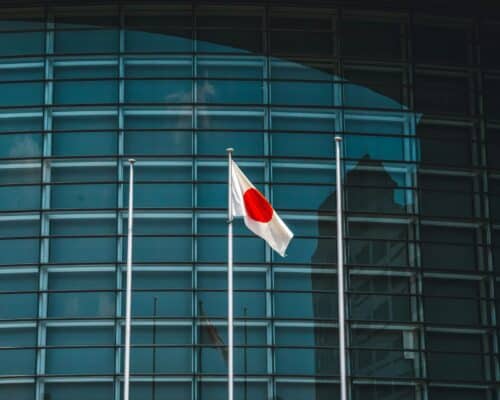
50 Years of G7: The Group’s Climate Leadership Hinges on Japan and Its Energy Policies
The processes taking place on the domestic stage in Japan, as well as its foreign energy policy, have a direct reflection on the image of the G7, which is supposed to lead the global energy transition and the efforts to minimise the impacts of climate change and protect the most vulnerable.
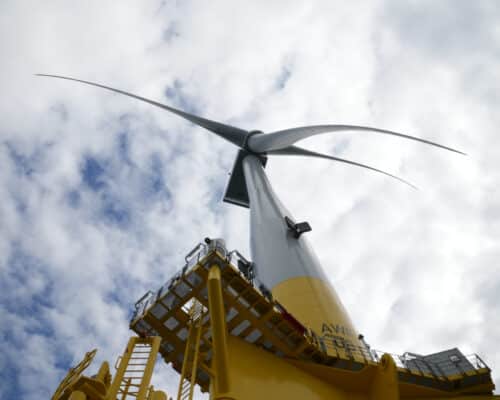
Japan’s Industrial Policy for Floating Offshore Wind
Japan is poised to harness its vast offshore wind potential by aiming for 140 GW of capacity by 2050, focusing on floating offshore turbines. Despite ambitious government reforms and private sector initiatives, challenges such as rising costs, slow permitting processes and inadequate infrastructure could hinder progress. Successfully navigating these hurdles is crucial for Japan to enhance its energy security and competitiveness in the global renewable energy landscape.

Climate Tops Voters’ Priorities As Asia Pacific Braces for 2025 Elections
The elections that are about to take place all over APAC in the upcoming months provide candidates with an opportunity to acknowledge ambitious climate and emissions reduction action not only to appease climate voters but also to guarantee economic growth, energy security and better handling of the cost-of-living crisis.
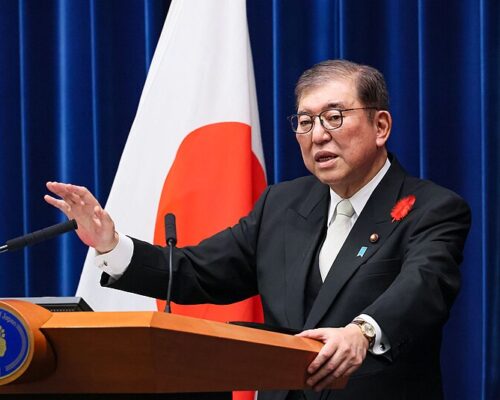
Japan’s Seventh Strategic Energy Plan Is Both Unambitious and a Fantasy
Japan's seventh Strategic Energy Plan, finalised on Feb. 18, 2025, targets 40-50% renewable energy and 20% nuclear power by 2040 but faces criticism for being overly optimistic. Experts warn that without major policy reforms, Japan may continue relying on fossil fuels, highlighting the need for greater transparency and diverse input in energy planning.

Japan To Buy ‘Record Amounts’ of LNG From US After Trump and Ishiba Meet
In times of heightened geopolitical risk and ever-dropping renewable energy costs, Japan's promise is likely to have significant consequences for its economy and energy security. However, the biggest impact might be felt by Southeast Asian countries – a prime target for Japanese stakeholders looking to resell excessive LNG.

Japan’s Updated NDC Plans Fall Short of Expectations
Japan’s delay in updating its Nationally Determined Contributions (NDCs) raises concerns about its climate ambitions. The proposed targets — 60% emissions reduction by 2035 and 73% by 2040 — fall short of the Paris Agreement’s 1.5°C goal. Japan's policy-making structural issues, including industry influence over energy policy and the primacy of energy policy over climate targets, hinder progress. Reforming Japan’s policy-making framework is essential.
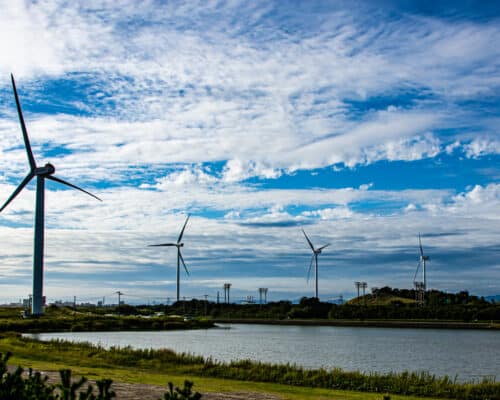
Japan’s Offshore Wind Potential
Japan needs to boost offshore wind power generation to meet decarbonisation goals, as current targets of 10 GW by 2030 and 45 GW by 2040 are deemed insufficient. With significant offshore wind potential, experts call for more ambitious goals and better policies to enhance investment and reduce reliance on fossil fuels.

Japan-influenced Strategies Trap Asian Nations in Fossil Fuels
Japan's significant investments in fossil fuels are shaping energy policies in South and Southeast Asian nations, leading to increased reliance on non-renewable resources in the region.

Asia and Japan’s Energy Transition Not on Path to Net Zero
Asia must urgently decarbonise, but reliance on fossil fuel-based technologies like LNG and CCS, led by Japan, is stalling progress. Prioritising wind, solar and science-based policies is crucial in driving the region’s energy transition and tackling the climate crisis.
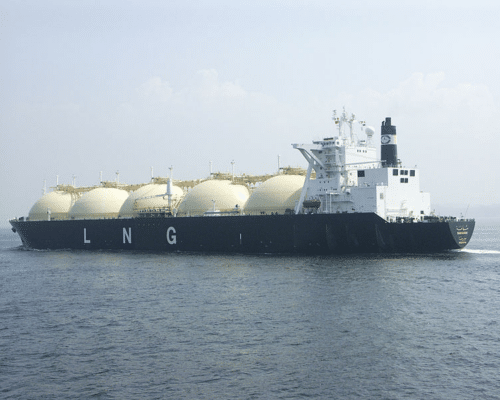
Fossil Fuel Projects Cost More Than Expanding Renewables, Analysts Say
Solar, wind and geothermal energy offer cheaper, faster-to-deploy and socially responsible solutions for the future of energy. Yet in Asia, these clear advantages are overshadowed by the Asia Zero Emission Community (AZEC), where Japan advocates for a future that keeps fossil fuels in play under the guise of green innovation.
Most Popular
Categories
-
10
-
34
-
126
-
4
-
17
-
46
-
52
-
11
-
10
-
15
-
24
-
6
-
1
-
5
-
6
-
282
-
200
-
17
-
24
-
1
-
1
-
23
-
41
-
44
-
88
-
18
-
86
-
41
-
17
-
11
-
43
-
54
-
86
-
299
-
22
-
44
-
36
-
10
-
42
-
36

